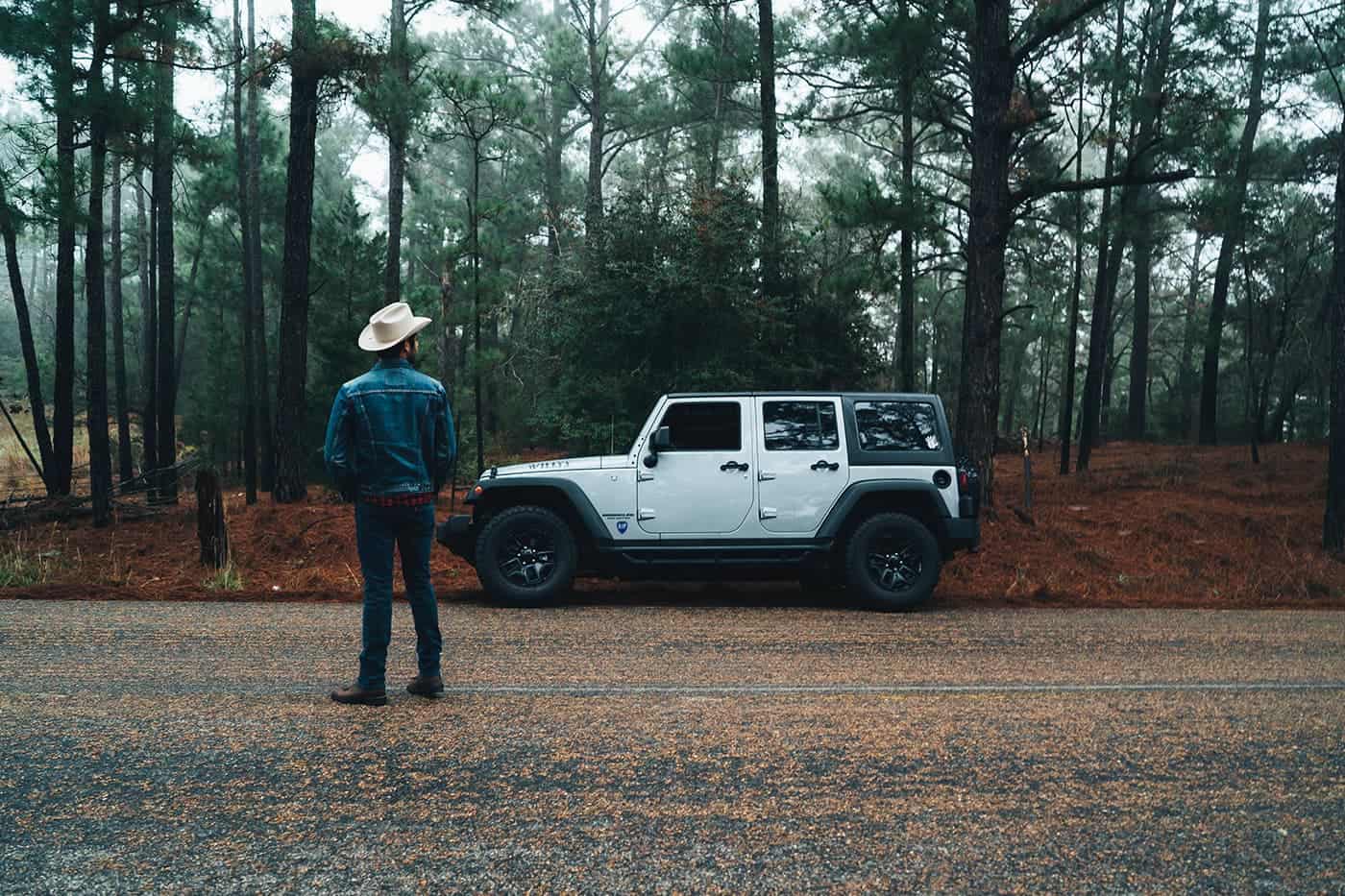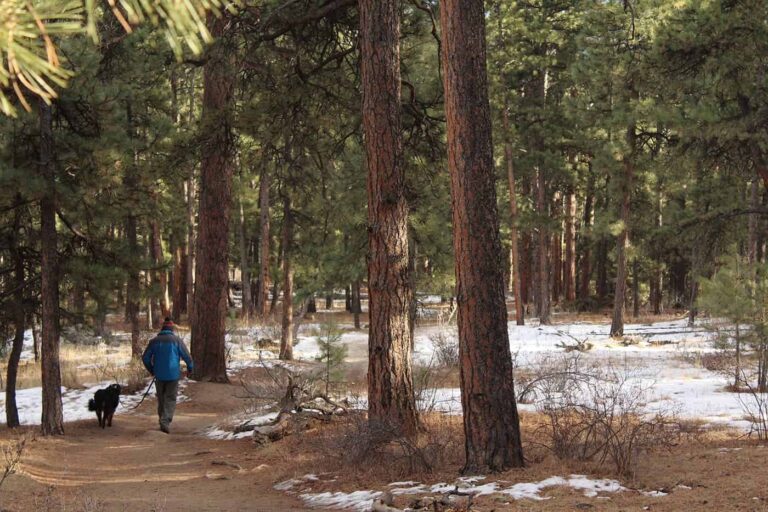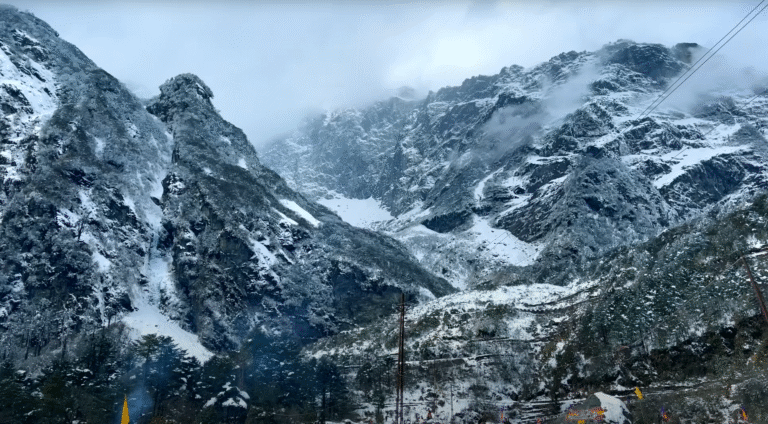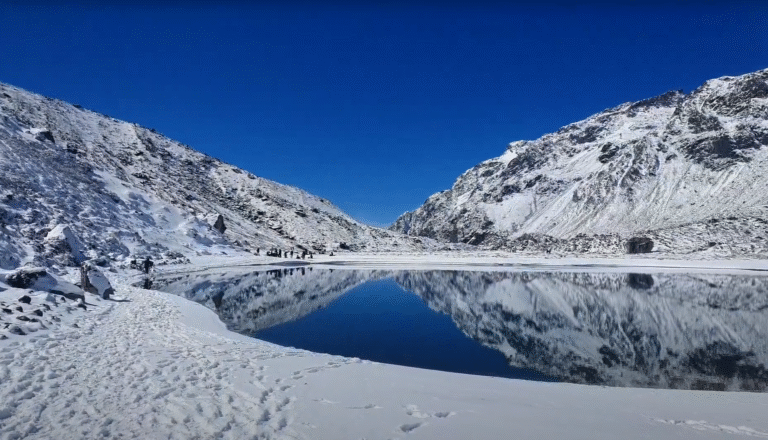6 Tips for Your Family Camping Trip: A Complete Guide for a Fun & Stress-Free Outdoor Adventure

Family camping trips are a wonderful way to bond, unplug from screens, and create memories in the great outdoors. Whether it’s your first time or you’re seasoned travelers looking for new ideas, camping with family requires some planning to ensure everyone—from toddlers to grandparents—has a safe, comfortable, and fun experience.
This complete guide with 6 essential tips will help you plan your family camping trip like a pro. We’ll cover everything from choosing the perfect campsite and packing smartly to organizing meals, keeping kids entertained, and staying on budget—so your next adventure is filled with laughter, not stress.
1. Choose the Right Campsite for Families
The success of a family camping trip starts with selecting the right location. A good campsite sets the tone for the entire experience, so consider these factors before booking:
a) Look for Family-Friendly Campgrounds
Not all campsites are created equal. For a family trip, search for campgrounds with amenities like:
- Restrooms with running water
- Picnic tables and fire rings
- Easy access to clean drinking water
- Playgrounds, open spaces, or nearby hiking trails
b) Consider Proximity to Home
For your first trip, choose a location within 2–3 hours from home. If something goes wrong, you can head back without too much trouble.
c) Check for Safety and Accessibility
- Avoid areas prone to flooding or high winds.
- If camping with elderly family members or small kids, pick sites with flat, even ground for tents and walking.
d) Book Early
Family-friendly campgrounds get reserved quickly during summer holidays and long weekends. Book several weeks or even months in advance to secure a good spot.
2. Plan and Pack Smartly
Packing for a family camping trip requires organization and strategy. The goal is to bring everything you need without overpacking.
a) Make a Family Camping Checklist
Divide your checklist into categories:
Shelter & Sleeping:
- Tent (large enough for the family)
- Sleeping bags, air mattresses, or sleeping pads
- Pillows and extra blankets
Cooking & Eating:
- Portable stove or grill
- Cooking utensils, pots, and pans
- Plates, cups, and cutlery
- Cooler with ice packs
- Food storage containers and trash bags
Clothing & Personal Gear:
- Weather-appropriate clothing in layers
- Rain gear and waterproof shoes
- Towels, toiletries, and sunscreen
- Insect repellent and first aid kit
Entertainment & Extras:
- Board games, cards, books
- Outdoor toys like frisbees or balls
- Camping chairs and a picnic blanket
b) Pack Kid-Friendly Essentials
If camping with children, don’t forget:
- Baby wipes and hand sanitizers
- Favorite snacks and drinks
- Extra clothes for unexpected messes
- Small flashlight or glow sticks for nighttime fun
c) Store Gear in Clear Bins
Use transparent plastic bins to organize cooking supplies, bedding, and entertainment gear. This makes it easy to find things quickly.
3. Organize Meals and Snacks
Food can make or break a family camping trip. Hungry campers are cranky campers, so plan simple, easy-to-cook meals that everyone will enjoy.
a) Pre-Prep Meals at Home
- Chop veggies, marinate meat, and pre-cook pasta before leaving.
- Store ingredients in zip-lock bags for easy use at the campsite.
b) Simple Family Camping Meal Ideas
Breakfast:
- Pancakes with fruit
- Scrambled eggs and toast
- Yogurt with granola
Lunch:
- Sandwiches or wraps
- Pasta salad with veggies
- Fresh fruits and chips
Dinner:
- Hot dogs and burgers on the grill
- Foil packet meals (meat + veggies + spices wrapped in foil and cooked on coals)
- One-pot chili or curry with rice
Snacks:
- Trail mix, popcorn, granola bars, or roasted marshmallows for s’mores.
c) Keep Food Safe
- Store perishable foods in a cooler with ice.
- Keep food sealed to avoid attracting wildlife.
4. Keep Kids Engaged and Entertained
Camping is a chance to disconnect from screens and introduce kids to nature. But they need plenty of activities to stay happy and busy.
a) Outdoor Adventures
- Short, kid-friendly hikes with scavenger hunts.
- Birdwatching with binoculars and guidebooks.
- Swimming, fishing, or biking if the campground allows.
b) Creative Activities
- Nature crafts using leaves, rocks, and pinecones.
- Campfire storytelling or sing-alongs.
- Stargazing with glow-in-the-dark constellation charts.
c) Quiet Time Options
- Bring books, coloring supplies, or travel board games for rainy or calm evenings.
5. Practice Safety and Comfort
A family camping trip should be fun but also safe and comfortable. A few basic precautions can prevent emergencies.
a) Teach Kids Basic Safety Rules
- Never wander away from the campsite alone.
- Stay away from open fires unless supervised.
- Recognize poison ivy and other hazardous plants.
b) First Aid Essentials
Pack a comprehensive first aid kit with bandages, antiseptic wipes, allergy medicine, and pain relievers.
c) Comfort Tips
- Bring folding chairs and a picnic tablecloth for comfort during meals.
- Use battery-powered lanterns instead of candles for safety.
- If it’s cold, pack extra blankets and hot water bottles for warmth at night.
6. Stay on Budget While Camping
Family trips can get expensive, but camping is naturally more affordable than hotels or resorts. Here’s how to save money on your adventure:
a) Borrow or Rent Gear
Before buying expensive tents or stoves, borrow from friends or rent from outdoor stores to test what works best for your family.
b) Choose Budget-Friendly Campgrounds
State parks and community campgrounds often have lower fees than private sites.
c) Cook Your Own Meals
Eating out adds up quickly. Preparing meals yourself keeps costs low and is part of the fun.
d) Look for Free or Low-Cost Activities
- Nature hikes, fishing, or stargazing cost nothing.
- Many campgrounds offer free family-friendly programs like campfire talks or junior ranger activities.
Sample Family Camping Itinerary for Beginners
Day 1:
- Arrive by early afternoon to set up camp before dark.
- Go for a short hike or explore the campground.
- Cook an easy dinner like foil packet meals.
- Enjoy a campfire with s’mores and storytelling.
Day 2:
- Morning nature walk or birdwatching.
- Picnic lunch by a lake or playground.
- Afternoon free play or crafts for kids.
- Evening stargazing with hot chocolate.
Day 3:
- Simple breakfast and campsite cleanup.
- Take a family photo before packing up.
- Stop for a scenic picnic on the drive home.
Bonus Tips for Stress-Free Family Camping
- Arrive early so you have time to set up in daylight.
- Assign age-appropriate tasks: kids can collect firewood, teens can help cook.
- Pack extra snacks, clothes, and patience — things rarely go 100% as planned, and that’s okay!
Conclusion: Make Family Camping Memories That Last a Lifetime
A family camping trip is about connection, adventure, and learning to appreciate nature together. By choosing the right campsite, packing smart, organizing meals, keeping kids entertained, staying safe, and watching your budget, you can turn your camping experience into a stress-free, fun-filled adventure.
Remember, it doesn’t have to be perfect — some of the best camping memories come from unexpected moments like sudden rain showers or burnt marshmallows. So embrace the journey, laugh at the little mishaps, and focus on creating lasting memories with your loved ones.
Your next family camping trip could become a tradition you’ll treasure for years to come. So grab your gear, plan your route, and get ready to enjoy the great outdoors together.


